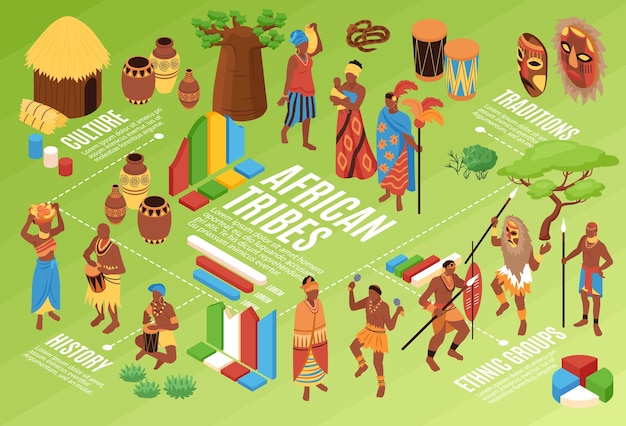Interesting Facts About the Apache Tribe

The Apache tribe is known for their rich cultural heritage and traditions.
Apache is a Native American tribe with a long history in the southwestern United States.
The Apache tribe has a strong connection to nature and believes in the sacredness of the land.
Apache warriors were known for their bravery and fierce battles against enemies.
The Apache tribe has diverse traditional dances and music that reflect their cultural identity.
Apache language, a member of the Athabaskan language family, is still spoken by some members of the tribe.
The Apache tribe is known for their highly skilled horseback riding and hunting abilities.
The Apache tribe has a matrilineal kinship system, where descent and inheritance are traced through the mother’s line.
Apache women played integral roles in tribal affairs and were highly respected within their communities.
The Apache tribe’s traditional dwellings were called wickiups, made from wooden frames covered with hides or branches.
The Apache tribe has a rich tradition of storytelling to pass down their history and cultural values.
Apache men were skilled hunters and warriors, often wearing elaborate headdresses in battle.
The Apache tribe has a deep spiritual belief system, with a strong connection to the natural elements.
The Apache tribe historically traded with other Native American tribes for goods and resources.
Apache women are known for their intricate and beautiful beadwork, reflecting their artistic abilities.
Interesting Facts About the Apache Tribe part 2
The Apache tribe has a strong oral tradition, with knowledge and traditions passed down from elders to younger generations.
Apache homes were designed for mobility, making it easier for the tribe to move within their territories.
The Apache tribe had a complex societal structure, with various roles assigned to different members.
Apache women were skilled in traditional crafts, such as basket weaving and pottery making.
The Apache tribe had a deep respect for animals, often incorporating animal motifs in their artwork and regalia.
The Apache tribe had a close relationship with the natural world, relying on plants and animals for their sustenance.
Apache warriors were known for their exceptional stealth and guerrilla warfare tactics.
The Apache tribe had a unique system of justice, where disputes were settled through tribal council hearings.
Apache women held significant political influence within their communities, with a say in important decisions.
The Apache tribe’s spirituality was deeply intertwined with their daily lives and activities.
Apache men went through elaborate rituals and ceremonies to prove their courage and readiness for battle.
The Apache tribe is known for their strong sense of community and support for one another.
Apache women were skilled in herbal medicine and played a crucial role in healing the sick and injured.
The Apache tribe had a complex system of trade, exchanging goods with neighboring tribes and even Spanish settlers.
Apache children were taught essential survival skills from a young age, preparing them for adulthood.
The Apache tribe believed in the importance of ceremonies and rituals to bring harmony and balance to their lives.
Apache warriors used various weapons in battle, including bows and arrows, spears, and later firearms.
The Apache tribe had a deep reverence for their ancestors and maintained strong ancestral connections.
Apache women passed down traditional skills and knowledge to younger generations, ensuring cultural continuity.
The Apache tribe had a deep understanding of the land’s resources and sustainable practices for its preservation.
Apache warriors were skilled in tracking and survival tactics, allowing them to navigate diverse landscapes.
The Apache tribe had a strong code of honor and ethics, guiding their interactions and decision-making.
Apache women were known for their independence and resourcefulness, often managing households and responsibilities.
The Apache tribe’s agriculture primarily relied on corn, beans, and squash cultivation.
Apache warriors used strategic ambushes and hit-and-run tactics to outwit their opponents.
The Apache tribe’s traditional dress and regalia featured intricate beadwork and vibrant colors.
Apache women were skilled in intricate and detailed pottery-making techniques, preserving their cultural heritage.
The Apache tribe’s spiritual ceremonies often involved dancing, drumming, and chanting.
Apache warriors were highly skilled in horsemanship, allowing them to cover vast distances and launch surprise attacks.
The Apache tribe’s resilience and perseverance have enabled them to maintain their cultural identity and traditions throughout history.